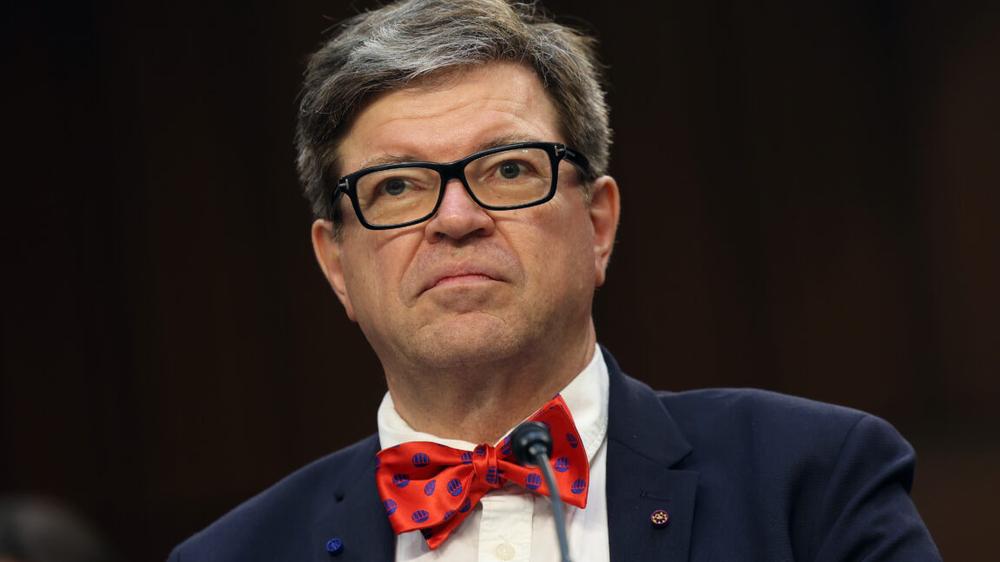Meta’s chief AI scientist and Turing Award winner Yann LeCun plans to leave the company to launch his own startup focused on a different type of AI called “world models,” the Financial Times reported. The French-US scientist has reportedly told associates he will depart in the coming months and is already in early talks to raise funds for the new venture. The departure comes as CEO Mark Zuckerberg radically overhauled Meta’s AI operations after deciding the company had fallen behind rivals such as OpenAI and Google.
World models are hypothetical AI systems that some AI engineers expect to develop an internal “understanding” of the physical world by learning from video and spatial data rather than text alone. Unlike current large language models (such as the kind that power ChatGPT) that predict the next segment of data in a sequence, world models would ideally simulate cause-and-effect scenarios, understand physics, and enable machines to reason and plan more like animals do. LeCun has said this architecture could take a decade to fully develop.
While some AI experts believe that Transformer-based AI models—such as large language models, video synthesis models, and interactive world synthesis models—have emergently modeled physics or absorbed the structural rules of the physical world from training data examples, the evidence so far generally points to sophisticated pattern-matching rather than a base understanding of how the physical world actually works.
LeCun’s planned exit is the latest in a string of leadership reshuffles at Meta during what has been a tumultuous year for the company. A key turning point was the disappointing launch and benchmark-gaming controversy of the AI language model Llama 4 in April, which many in the industry saw as a flop when it performed worse than the most advanced offerings from Google, OpenAI, and Anthropic. Meanwhile, the Meta AI chatbot has failed to gain traction with consumers and suffered controversies and setbacks over its interactions with children.
A different approach to AI
LeCun founded Meta’s Fundamental AI Research lab, known as FAIR, in 2013 and has served as the company’s chief AI scientist ever since. He is one of three researchers who won the 2018 Turing Award for pioneering work on deep learning and convolutional neural networks. After leaving Meta, LeCun will remain a professor at New York University, where he has taught since 2003.
LeCun has previously argued that large language models like Llama that Zuckerberg has put at the center of his strategy are useful, but they will never be able to reason and plan like humans, increasingly appearing to contradict his boss’s grandiose AI vision for developing “superintelligence.”
For example, in May 2024, when an OpenAI researcher discussed the need to control ultra-intelligent AI, LeCun responded on X by writing that before urgently figuring out how to control AI systems much smarter than humans, researchers need to have the beginning of a hint of a design for a system smarter than a house cat.
Within FAIR, LeCun has instead focused on developing world models that can truly plan and reason. Over the past year, though, Meta’s AI research groups have seen growing tension and mass layoffs as Zuckerberg has shifted the company’s AI strategy away from long-term research and toward the rapid deployment of commercial products.
Over the summer, Zuckerberg hired Alexandr Wang to lead a new superintelligence team at Meta, paying $14.3 billion to hire the 28-year-old founder of data-labeling startup Scale AI and acquire a 49 percent interest in his company. LeCun, who had previously reported to Chief Product Officer Chris Cox, now reports to Wang, which seems like a sharp rebuke of LeCun’s approach to AI.
Zuckerberg also personally handpicked an exclusive team called TBD Lab to accelerate the development of the next iteration of large language models, luring staff from rivals such as OpenAI and Google with astonishingly large $100 to $250 million pay packages. As a result, Zuckerberg has come under growing pressure from Wall Street to show that his multibillion-dollar investment in becoming an AI leader will pay off and boost revenue. But if it turns out like his previous pivot to the metaverse, Zuckerberg’s latest bet could prove equally expensive and unfruitful.

 Why a researcher is building robots that look and act like bats
Why a researcher is building robots that look and act like bats